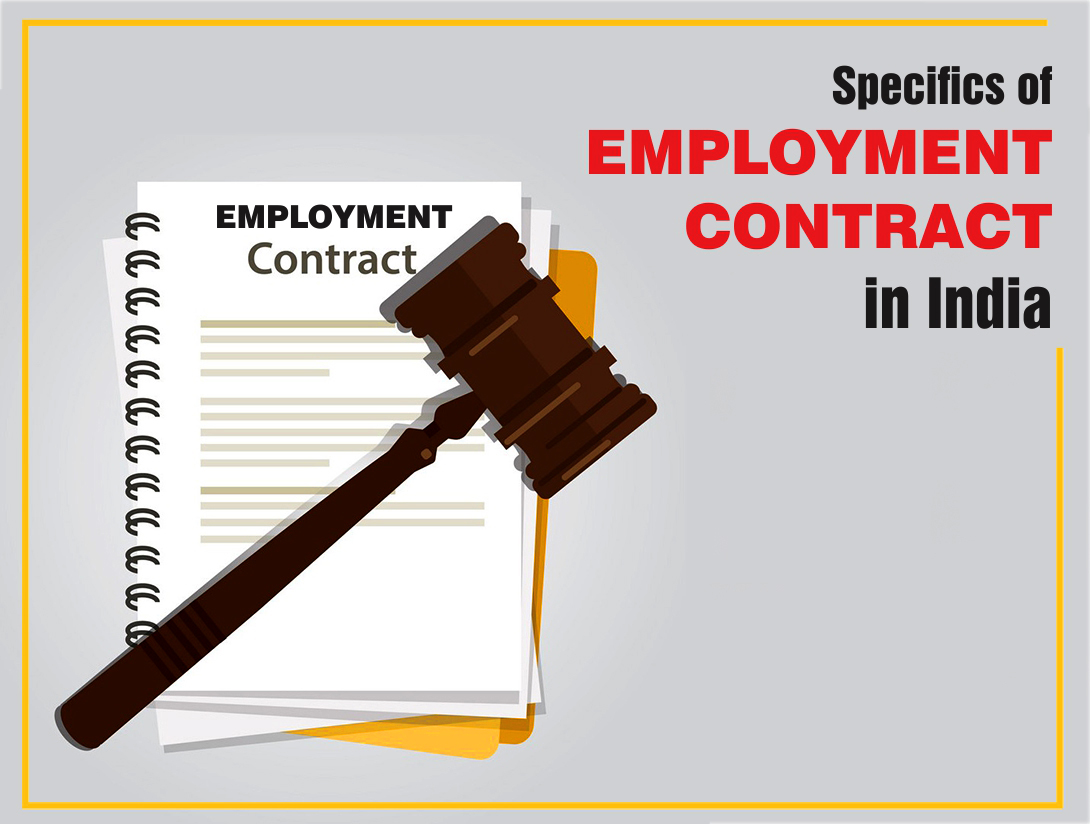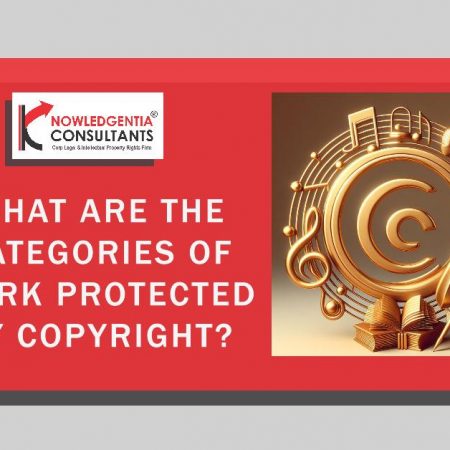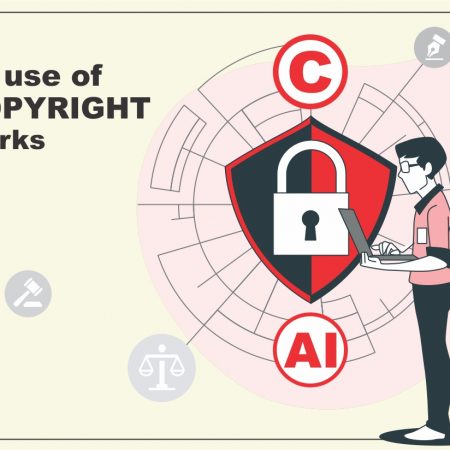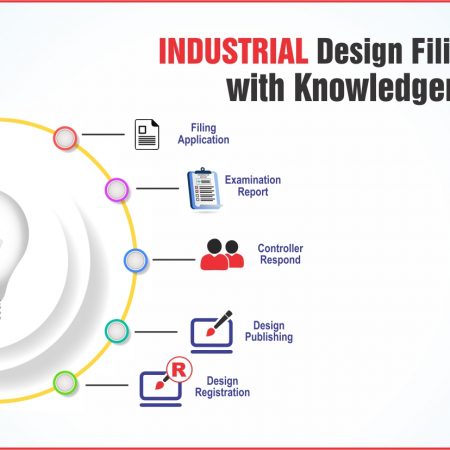SPECIFICS OF AN EMPLOYMENT CONTRACT IN INDIA
An employment contract is an agreement between employer and an employee that lays down the terms and conditions of employment. Like any other contract in India, the vital requirements of the employment contract include an offer, consideration, acceptance, lawful object, competent parties, and free consent. The purpose of employment agreements is to clearly define the role and duties of both the company and the Employee. Knowledgentia Consultants which is one of the best litigation firm in India has a trained team of professionals providing contract drafting services.
ESSENTIAL TERMS AND CONDITIONS:-
Though this list is comprehensive, an Employer or company can always come up with several more terms and conditions to defend their interests as an Employer.
OFFER AND ACCEPTANCE
The employer’s offer for employment must be made with free consent and accepted by the employee without any unwarranted influence, coercion, or force.
CONSIDERATION
Consideration is the payment of salary, remuneration, or compensation to the worker in exchange for the worker’s services to the employer.
COMPETENT PARTIES
Parties must be legally and mentally capable of entering into a contract. That means mentally ill or challenged persons, minors, staff under the influence of banned, forbidden or illicit materials, etc., are not competent enough to enter such agreements.
LEGAL OBJECT
An employment contract holds admissibility in a court of law as evidence in a trial. This implies that for an employment contract to be legally valid, it must be legitimately drafted. Any agreements that are illegal or against the law are considered null and void.
JOB DESCRIPTION
The Agreement should specify the primary responsibilities of the employee and include the job description outlined in the offer letter given to them. Additionally, it should mention the department where the Employee will work and provide details about their trainer or reporting head.
PROBATIONARY PERIOD
A probationary period is often agreed upon at the start of the employment.
LEAVE POLICY
Leave policy must contain the details concerning the public holidays plus paid leaves an employee is eligible for within a year.
NOTICE PERIOD
Neither Party must be permitted to terminate the Contract abruptly, in case of instant termination, except upon breach of Contract and rational terms, the non-terminating Party must be entitled to compensation.
HEALTH, SAFETY, AND MATERNITY
The health and safety of a person are compensated by the Workmen’s Compensation Act, of 1923. Any lady employed in a company for at least 80 days will be eligible for maternity benefits (for example, leave, nursing breaks, allowance, etc.) regulated by the Maternity Benefits Act, of 1961.
TERM
All the agreements need to have a term, especially in the case of employment for staff employers need to keep the fixed term for the employees.
ARBITRATION
Ambiguity in case of dispute arising out of employment agreement or employment in general parties must specify whether to go for the arbitration first or not to avoid ambiguity in case of any disputes. There has to be some concept of both the parties mutually to reach an amicable settlement which can be possible by having a well-structured case for arbitration.
JURISDICTION
The parties to the contract might specify the judicial court or forum, which will have the right to resolve the legal dispute by including the jurisdiction clause between the employer and employee related to the employment agreement. Governing law clause in the employment agreement generally sets out the choice of law of the parties to the contract. Laws relating to employment are likely to vary from one state to another, so it is advisable to state the set of governing pauses mentioned in the contract.
CONFIDENTIALITY
It is essential to have a non-disclosure and confidentiality agreement in place to bind the employee from disclosing any personal information. A separate non-disclosure agreement can be executed in the case of senior or employees exposed to confidential data of the company.
INTELLECTUAL PROPERTY RIGHTS
Organisations need to put a lot of effort into training the employees, providing several outputs in crucial business information. The data is the company’s intellectual property and should not be misused by the employees. To prevent misuse, the agreement needs to feature a clause stating that intellectual property is created at the employer’s premises using the employer’s infrastructure, which shall belong to the employer.
NON COMPETE CLAUSE
The clause will restrict the employee from opening a similar business or joining another company with a similar business as an employer for the time stated within the clause.
CASE STUDIES
- DILJEET TITUS V. MR. ALFRED A. ADEBARE AND OTHERS(2006 (32) PTC 609 (DEL))
In this case, the defendant, an advocate, was working at the plaintiff’s law firm. On termination of employment, the defendant took away important confidential business data, such as client lists and proprietary drafts, belonging to the plaintiff. The Delhi High Court ruled that the plaintiff had a clear right in the material taken away by the defendant. Accordingly, the Delhi High Court restrained the defendant from using the information taken away illegally. Additionally, provisions of the Indian Penal Code (“IPC”) and Information Technology Act, 2000 are also applicable in cases of breach of confidentiality and disclosure provisions. Criminal prosecution and imprisonment or fine (or both) as adjudicated have been provided under the IT Act to deal with acts such as hacking (Section 66); causing damage to computer system (Section 43); tampering with computer source document (Section 65); punishment for violation of privacy policy (Section 66E); etc. On case to case basis such actions could also be available to employer as remedies against the employee in case of breach of confidentiality and disclosure provisions. However, the information has to be first understood whether the same is a trade secret (exclusively available to a particular business and not available in the public domain) or general information which could be available in public domain.
- POLYMER PAPERS LIMITED V. GURMIT SINGH & ORS, AIR 2002 DEL 530
The Delhi High Court considered a case wherein Plaintiff sought to restrain an employee from disclosing certain trade secrets on the basis of rights claimed under intellectual property law even though there was no agreement between the parties. The Defendant had earlier worked with the Plaintiff company and later joined a competing venture. The Delhi High Court held that in any event, Plaintiff was not entitled to discretionary relief of injunction. The Delhi High Court further held that Plaintiff did not possess any exclusive intellectual property rights in respect of the products in dispute and hence there was no ground on which Plaintiff was entitled to injunction.
- The Hon’ble Delhi High Court in the matter titled DESICCANT ROTORS INTERNATIONAL PVT. LTD V BAPPADITYA SARKAR & ANR, CS (OS) No. 337/2008 (decided on July 14, 2009),analyzed an arrangement involving a senior marketing manager at a manufacturer of evaporative cooling components, products and systems. As part of his employment agreement with Desiccant, the manager agreed that for two years following the termination of his employment, he would be bound by a covenant with Desiccant that would require him to keep Desiccant:s matters confidential, and that would prevent him from competing with Desiccant and soliciting Desiccant:s customers, suppliers and employees. Expressly embodied in the employment agreement was an acknowledgment by the manager that he was dealing with confidential material of Desiccant, including: know-how, technology trade secrets, methods and processes, market sales, and lists of customers. After a few years of employment, the manager resigned and-notwithstanding the terms of his old employment agreement-within three months of his resignation joined a direct competitor of Desiccant as country manager in charge of marketing and started contacting customers and suppliers of Desiccant. In injunctive proceedings against the manager by Desiccant, the High Court reiterated the principles embodied in Section 27 of the Act and the individual:s fundamental right to earn a living by practicing any trade or profession of his or her choice. Brushing aside any argument by Desiccant that the restrictive covenants were primarily designed to protect its confidential and proprietary information, the High Court ruled that in the clash between the attempt of employers to protect themselves from competition and the right of employees to seek employment wherever they choose, the right of livelihood of employees must prevail. However the High Court did allow an injunction against the manager prohibiting him from soliciting Desiccant:s customers and suppliers to stand in effect.
Article 21 of the Constitution of India guarantees the live to livelihood and since it is a fundamental right it is held to be sacrosanct. The validity of such restrictive covenants is tested on the standards of reasonability based on considerations of duration and space of the restriction in question. Considering this and the approach of the courts (as briefly discussed herein above), protection of rights of an employee seeking employment are given priority over protecting the interests of the employer seeking to protect itself from competition. The courts have generally held that the right to livelihood of the employees must prevail in spite of an existing agreement between the employer and the employee.
Knowledgentia experts have vast experience in handling matters pertaining to employment contracts and HR issues. We advise clients not just locally but all across the globe so they may carry out their activities in conformity with Contract Laws in India, globally. Knowledgentia, exemplary Corporate Law Firm in India, handles the entire ambit of services in the arena of Contract Drafting. We are recognized for our expertise, credibility and ensuring logical solutions for our clients. In case of any query regarding this matter you may email us at info@knowledgentia.com or visit our website –https://knowledgentia.com/.








